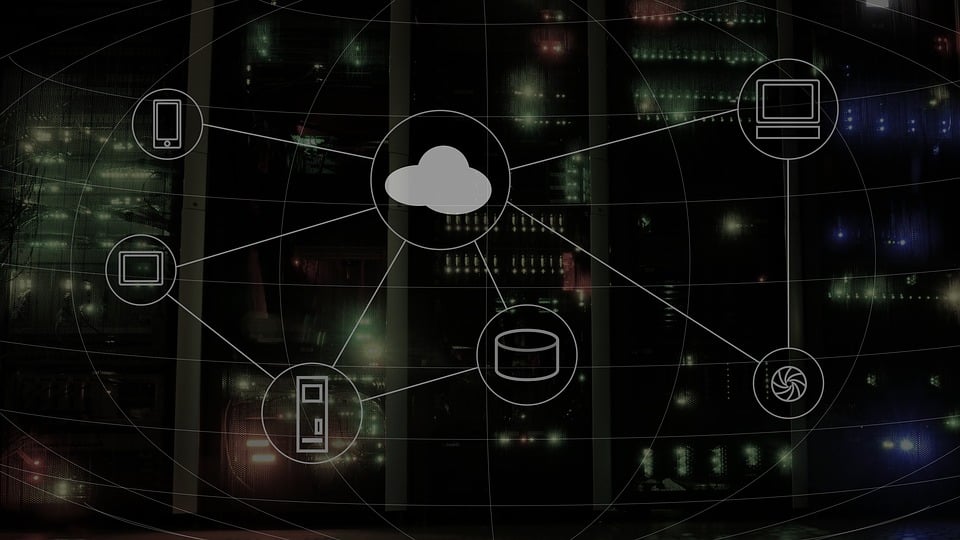Cloud computing has become increasingly popular over the past few years, especially in India. It allows businesses and individuals to access and store data and applications online, which offers a range of benefits.
Although there are many benefits to cloud computing, there are also some drawbacks. The benefits and drawbacks of cloud computing will be discussed in this blog post.
Advantages of Cloud Computing:
- Cost-Effective: One of the most significant advantages of cloud computing is that it is cost-effective. You only pay for the services you use, and you do not have to invest in expensive hardware or software. This makes it an ideal option for small and medium-sized businesses that have limited budgets.
- The scalability of cloud computing is unrivaled. Resources can be increased or decreased as needed by your company. Therefore, you may easily scale up or down your infrastructure to meet the needs of your organization.
- Cloud computing makes it possible to access your files and programs from any location. Because all you need is access to the internet, it is perfect for companies that use freelancers.
- Protection of Data: Cloud service providers spend a lot on trying to keep your data safe. As a result, keeping data on the cloud is usually safer than keeping it on-premises.
- Recovery Time and Loss of Data Due to Disaster: Cloud service companies also provide disaster recovery services. Because of this, it’s possible to resume normal operations shortly after a catastrophic event.
Disadvantages of Cloud Computing:
- Internet Connectivity: Cloud computing requires a stable internet connection. If your internet connection is slow or unreliable, you may experience problems with cloud computing.
- With cloud computing, you have to rely on your service provider. Your data could be lost if your service provider goes offline or goes bankrupt.
- Safety Issues: There is always a chance of a security breach, even though cloud computing firms invest heavily in preventing them. Information saved in the cloud could be at risk from hackers.
- To a certain extent, when utilizing cloud computing, you surrender some measure of control over your data. It’s possible that some companies will be concerned that they can’t get physical access to their data.
- Cloud computing may be challenging for organizations that must adhere to regulatory compliance requirements.
Q: What types of businesses are best suited for cloud computing?
A: Small and medium-sized businesses that have limited budgets and require scalability and accessibility are best suited for cloud computing.
Q: Is cloud computing more secure than on-premises storage?
A: Cloud computing providers invest heavily in security measures to protect your data. In most cases, your data is more secure in the cloud than it is on-premises.
Q: How can I ensure that my data is secure in the cloud?
A: You should choose a reputable cloud computing provider that invests heavily in security measures. You should also implement strong passwords and use two-factor authentication.
Comparison of Cloud Computing with On-Premises Storage:
| Factors | Cloud Computing | On-Premises Storage |
| Cost-Effectiveness | Cost-Effective | Expensive |
| Scalability | Highly Scalable | Limited Scalability |
| Accessibility | Accessible from Anywhere | Limited Accessibility |
| Security | Vulnerable to Security Breaches | Secure |
| Disaster Recovery | Quick Recovery | Slow Recovery |
Comparison of Cloud Computing with Virtualization:
| Factors | Cloud Computing | Virtualization |
| Cost-Effectiveness | Cost-Effective | Expensive |
| Scalability | Highly Scalable | Limited Scalability |
| Accessibility | Accessible from Anywhere | Limited Accessibility |
| Security | Vulnerable to Security Breaches | Vulnerable to Security Breaches |
| Disaster Recovery | Quick Recovery | Slow Recovery |
Comparison of Cloud Computing with Grid Computing:
| Factors | Cloud Computing | Grid Computing |
| Cost-Effectiveness | Cost-Effective | Expensive |
| Scalability | Highly Scalable | Highly Scalable |
| Accessibility | Accessible from Anywhere | Limited Accessibility |
| Security | Vulnerable to Security Breaches | Secure |
| Disaster Recovery | Quick Recovery | Slow Recovery |
In conclusion, cloud computing offers many advantages for businesses and individuals, including cost-effectiveness, scalability, accessibility, data security, and disaster recovery.
There are, however, drawbacks, including reliance on service providers, internet access, data control, and regulatory compliance. Cost-effectiveness, scalability, accessibility, security, and disaster recovery are only some of the variables that must be taken into account when contrasting cloud computing with similar subjects. In the end, each person will have to make their own decision about cloud computing and related matters based on their own unique set of requirements and interests.



